Katarína, you’ve been working with investments all your life. Which was the most important one for you and why?
It is definitely investment in education. Especially the energy and time that I invested in education. Our generation was incredibly lucky to experience the Velvet Revolution. We were 17 and we had strong motivation to get out of Communism. We quickly learned that the only way to do it was through education. We started working really hard to learn English. For example, I would study at night under the quilt so that my parents didn’t know I wasn’t asleep. That effort got me my first student exchange trip to San Francisco. That was a big leap for a girl from the Eastern Bloc, but it taught me a lot about life.
San Francisco is a great place for a young person to start out in life. Which of the schools in Bratislava do you think provides the best launch ramp to the world?
There are a lot of great schools in Bratislava. My son goes to the Novohradská United School, which combines the Gymnázium Jur Hronec and the Košická Primary School. It is a state school with a fifty-year history of providing high-quality education, which regularly takes one of the top places in school rankings. It is affiliated with International Baccalaureate so it can offer certificates that open the doors to highly regarded universities anywhere in the world.
I would like to emphasise that this school is not far from the Metropolis project, which our company is building in downtown Bratislava, just 650 m from it. Children who live in Metropolis will be just a few minutes’ walk from Novohradská, which is very good for them and for their parents, who won’t have to worry about transporting them. They will all have more time to enjoy life.
That’s a great tip for students who dream about getting accepted to Oxford. What about you? Where did your studies take you next?
I had another piece of good luck. Just then, Comenius University was establishing a Management Faculty and I seized the opportunity. I was in the first ever year - we had classes in a prefabricated cabin on Staré grunty but what we learned was amazing. We had foreign teachers from all over the world – even Switzerland – but mainly from the USA.
They really opened our eyes and gave us a lot of foreign contacts. I got to study at the University of Groningen in the Netherlands and I took summer school in Sweden. I went on to study business administration at Umeå University. I graduated as a Master of Science in Business Administration, Accounting and Marketing, and I also have a degree in Slovakia.
Do you still remember your dissertation?
Yes, because I even got paid for it. I did some research at a derivatives exchange trading options and futures in Stockholm. I was working with a specific firm on the launch of derivatives trading on the Slovak stock exchange and how the Swedish stock exchange could invest in Slovakia.
I also remember how I did all sorts of side jobs to pay for my studies and travelling. Because I had learned fluent German when I was still in elementary school, I got jobs as a tour guide. I would accompany German tourists around Bratislava and on bus trips around Slovakia – taking them to the Tatras or to Vlkolínec.
That must have been quite complicated – studying, working and travelling
Yes, it was demanding, but we were all so active back then because we could sense the huge opportunities. Investing time and energy in studies paid off. For example, the associate professor in the management faculty, Hugo Zsolnai, recommended me a job in Vienna as soon as I graduated. So the first company I worked for was the bank Giro Credit, the predecessor of Erste Bank. Erste Bank was created in 1997 when Giro Credit merged with Die Erste österreichische Spar-Casse – Bank AG.
What position did you start out in?
I was working as an Institutional Sales manager in the investment department. I was responsible for marketing – selling – Austrian shares and stock markets in Central and Eastern Europe to large institutional investors in Europe and to the dealers from large investment banks in London.
It was fast-moving work. It was nothing unusual for me to be holding three phones in my hand at once. Trading never stopped, so we had to constantly monitor what was happening on global stock exchanges. I found it very satisfying. A sales role suited me from the beginning.
So even at the age of 25, you were responsible for millions. That can’t be easy for a young person. How did you keep up your confidence?
The fact that I had studied so much abroad meant that I quickly acquired a global perspective and experience. In Austria, I had detailed knowledge of every firm listed on the stock exchange, all their factories and their management. We could talk to the financial directors at any time to share information. I enjoyed it – especially the communication with people.
I was in close touch with our analysis department, so I got daily in-depth reports on the market and how it was moving. I was part of a fantastic, really supportive, team. I have stayed in touch with my Austrian friends from that time and we still meet each other.
What was your most important project in that period?
While I was working in Vienna, we did an IPO for Erste Bank itself (note: IPO – “Initial public offering” – the process for the first listing of a company’s shares on the stock exchange). It was a very successful event, where we helped to persuade managers all over the world that they want Erste Bank shares in their portfolio because we demonstrated the potential of Central and Eastern Europe in cooperation with the Erste Bank management. It was a big project.
As it went so well, Erste Bank decided to set up an investment banking business focussing on Central and Eastern Europe from a base in London. They put me in charge of it and that was how I moved to London. In the Reuters 1999 Fund Managers’ Survey, my team was assessed to have raised our place in the rankings from 1.75% to 10.45% in our first six months. Then in the Reuters 2000 Fund Managers’ Survey, we had a 40% market share for Austrian shares. Soon afterwards, Deutsche Bank noticed me and recruited me. I thus left my alma mater after nearly 4 years and joined Deutsche Bank as a vice-president for equity sales on the largest trading floor in Europe.
I met some clever people in London – Radim Bajgar and Vojtěch Kraus. We became friends at once and now we are partners in our own company.
So that's how the Mint Investments story began. You travelled a long way to find the right people and then you came “home” to start your own business.
That’s right. In cooperation with GE Capital, we founded a firm Czech and Slovak Investment Advisors, which became an exclusive investment advisor and asset manager for the Czech and Slovak Property Fund, the first of its kind in the region. With our other partners – Sebastien Dejanovski and Lukáš Schirl – we began an entirely new chapter in the history of Czecho-Slovak real estate development.
We will talk in more detail about how Mint Investments got started in the next part of our interview, which we have dedicated to that topic. Can you tell us something about what you see as the main challenges facing the market and your line of business at the moment?
To be honest, I’m most worried about the state of the environment. I’m worried that some of the processes could be irreversible, and we may have left things too late. This is different from all the problems of inflation, crises, instability that humanity has overcome in the past. Therefore, we try to make our business as environmentally friendly as possible and we insist that our buildings must be sustainable, conserve natural resources and benefit both the people who live in them and those who live in their vicinity.
I am really glad that our downtown construction project Metropolis has been designed from the beginning to save energy, with materials, components and a facade that meet the strictest possible energy-saving certification requirements – A0. This is something that our clients are very interested in and appreciate. It is important that they feel good in our building and that the project is harmonious in every aspect. So not just the technical side of being environmentally friendly, but also aesthetically pleasing, which is why we chose a high standard of interior furnishings, for example from Italian suppliers.
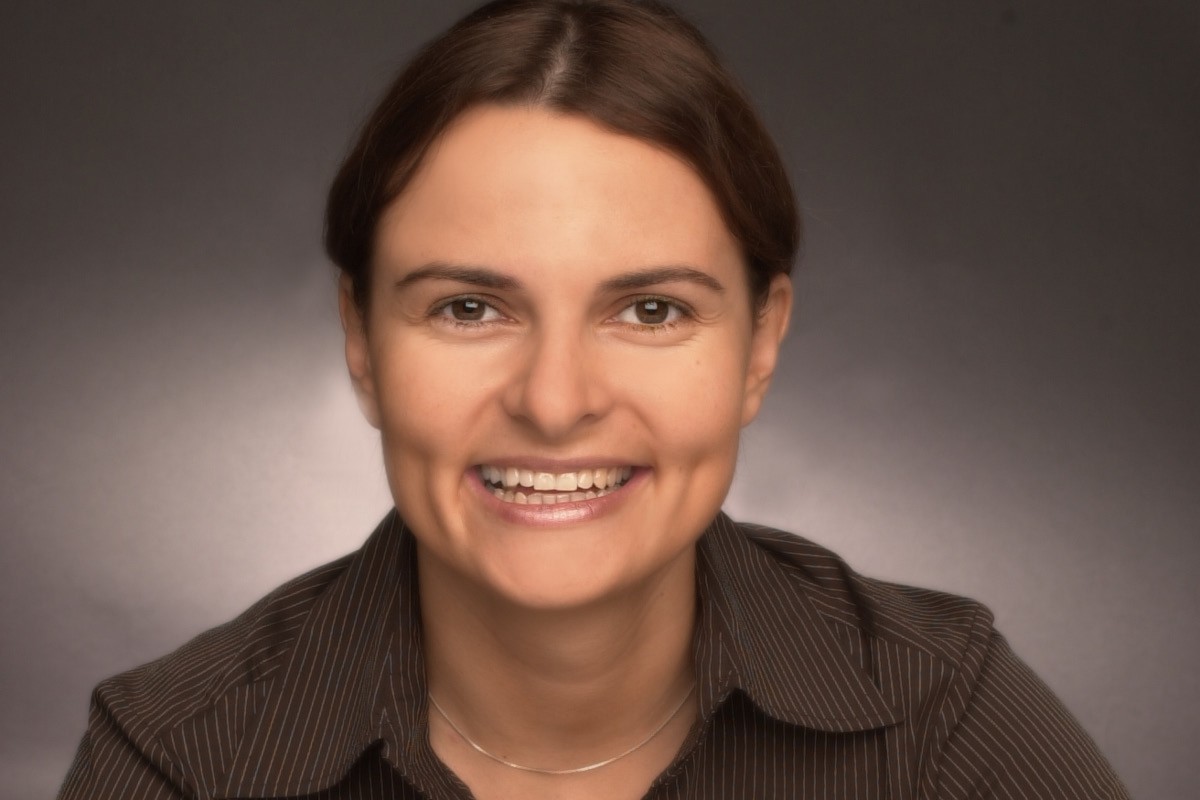
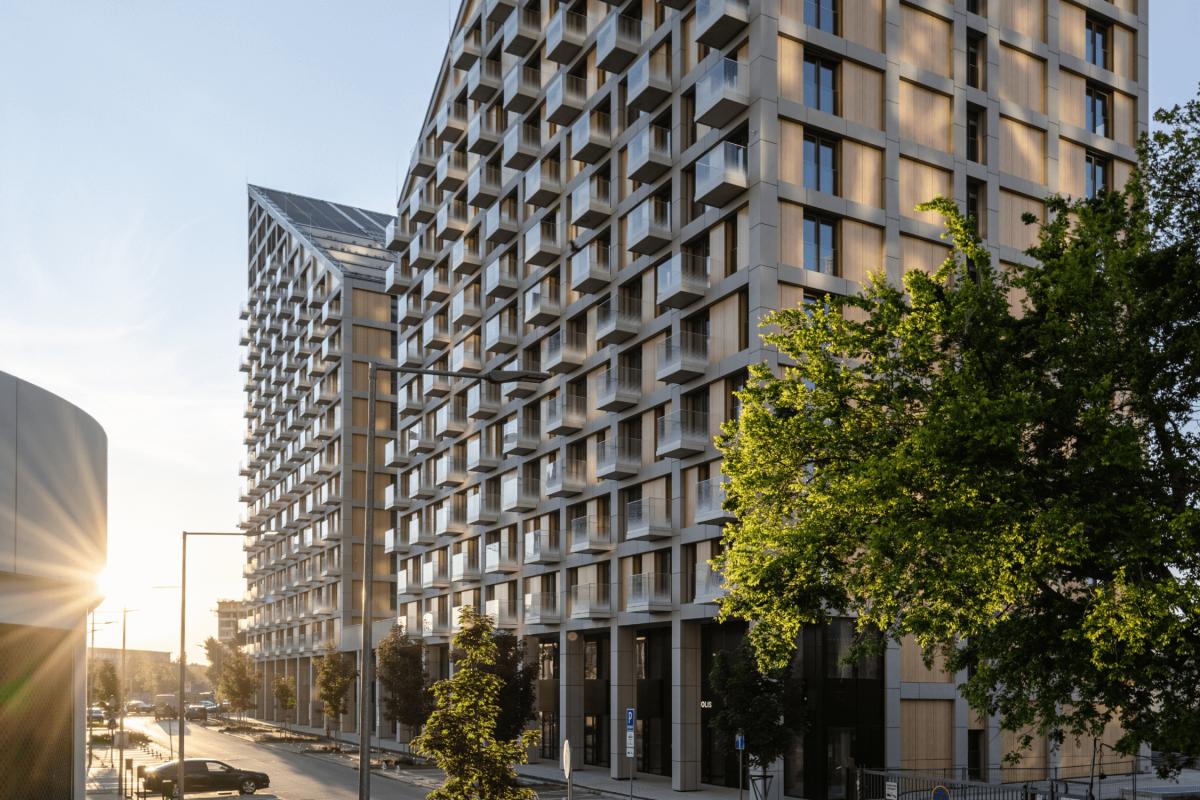 Metropolis: A Symbol of Modern Bratislava
Metropolis: A Symbol of Modern Bratislava
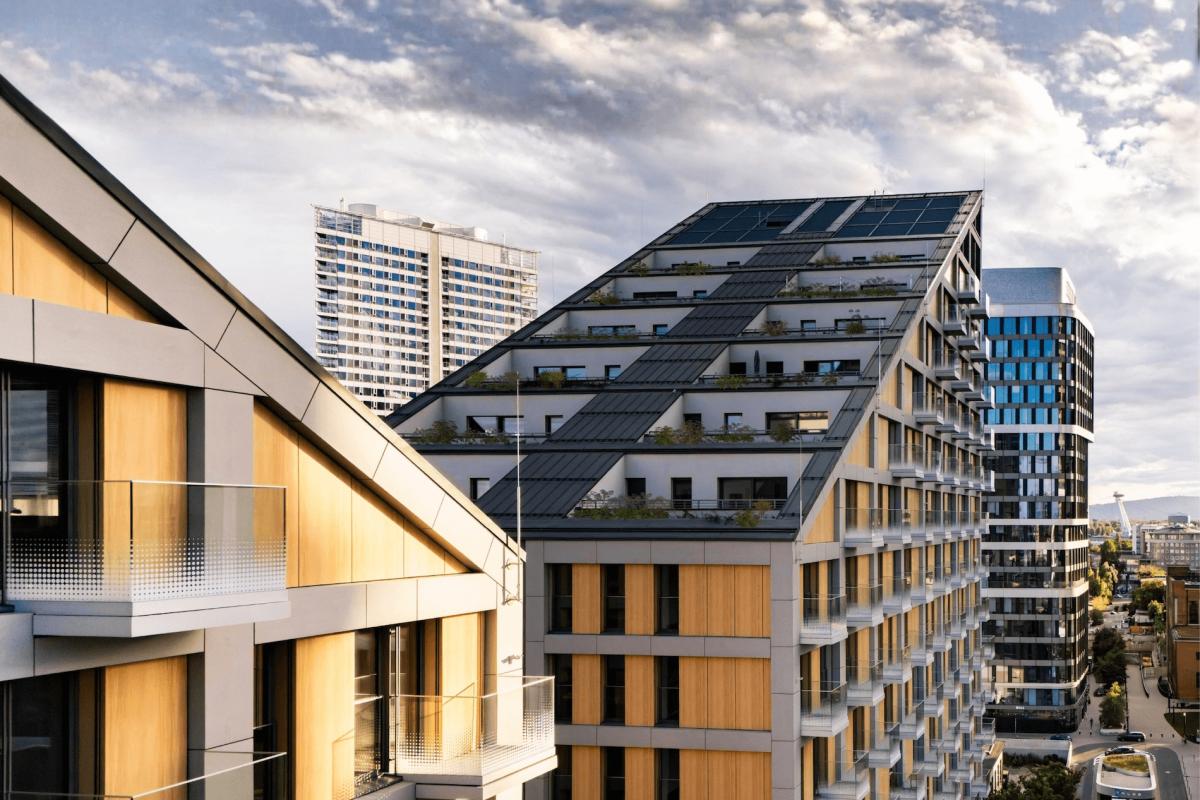 Top New Development of the Year? The Winner Is Metropolis in Bratislava
Top New Development of the Year? The Winner Is Metropolis in Bratislava
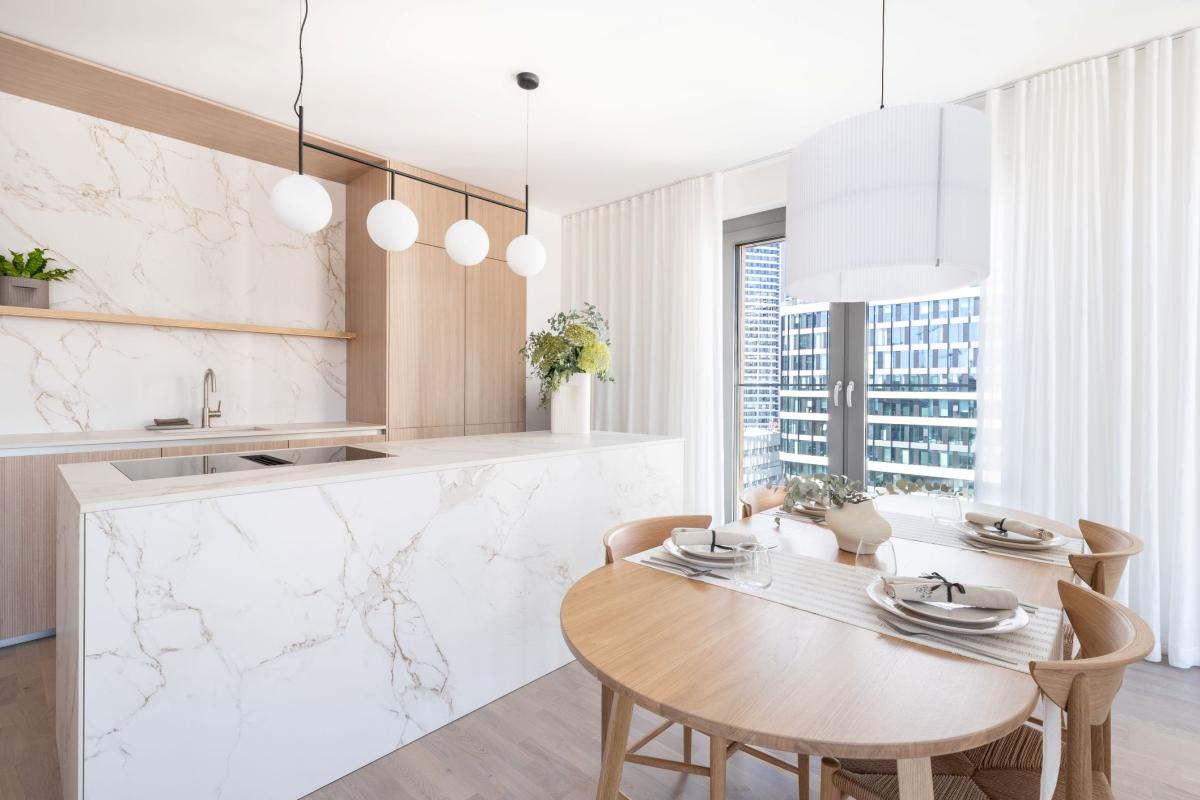 Bratislava as a Central European gem, where Metropolis offers a luxurious and secure home, a reliable investment, a prime address, healthy living and modern technologies.
Bratislava as a Central European gem, where Metropolis offers a luxurious and secure home, a reliable investment, a prime address, healthy living and modern technologies.
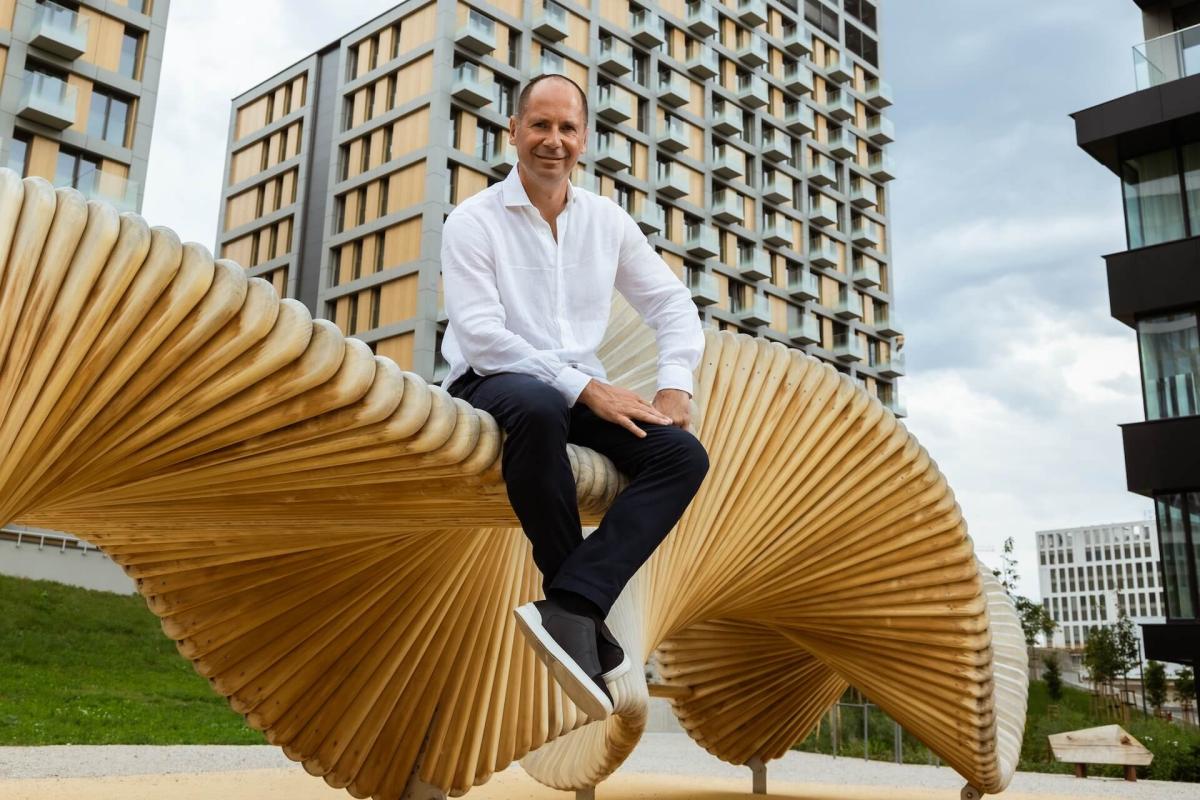 Sebastien Dejanovski: Slovak clients are more demanding than Czech clients.
Sebastien Dejanovski: Slovak clients are more demanding than Czech clients.
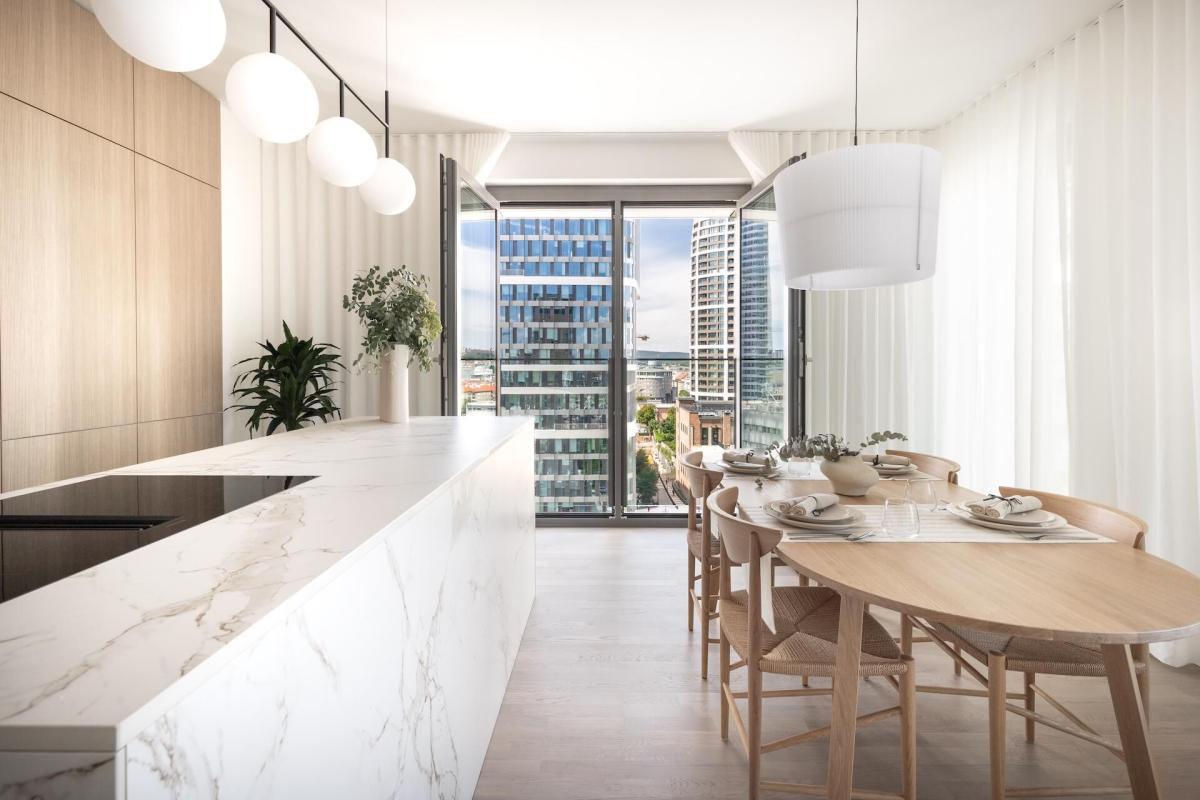 Family Living in Bratislava’s New Downtown? Buying an Apartment Pays Off More Than Renting
Family Living in Bratislava’s New Downtown? Buying an Apartment Pays Off More Than Renting
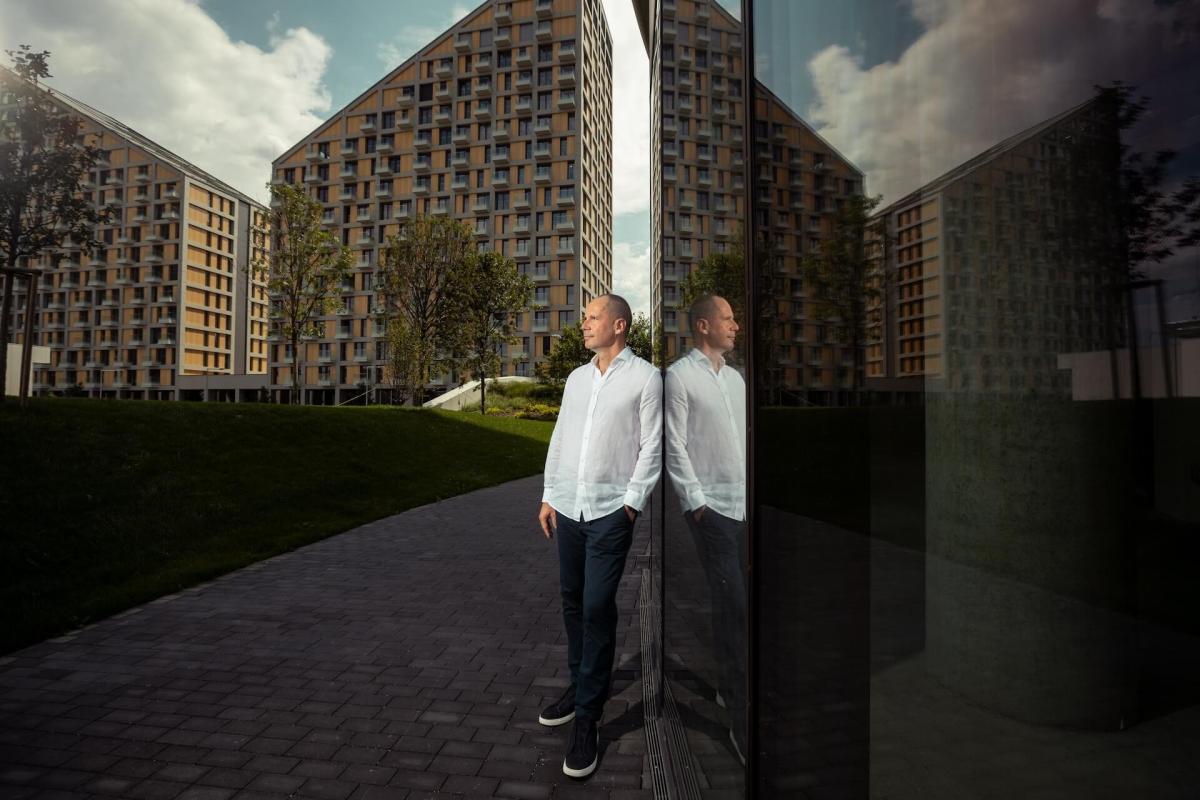 Sebastien Dejanovski: Sajfa Represents Metropolis Buyers, and We’re Open to Further Investment in Bratislava
Sebastien Dejanovski: Sajfa Represents Metropolis Buyers, and We’re Open to Further Investment in Bratislava
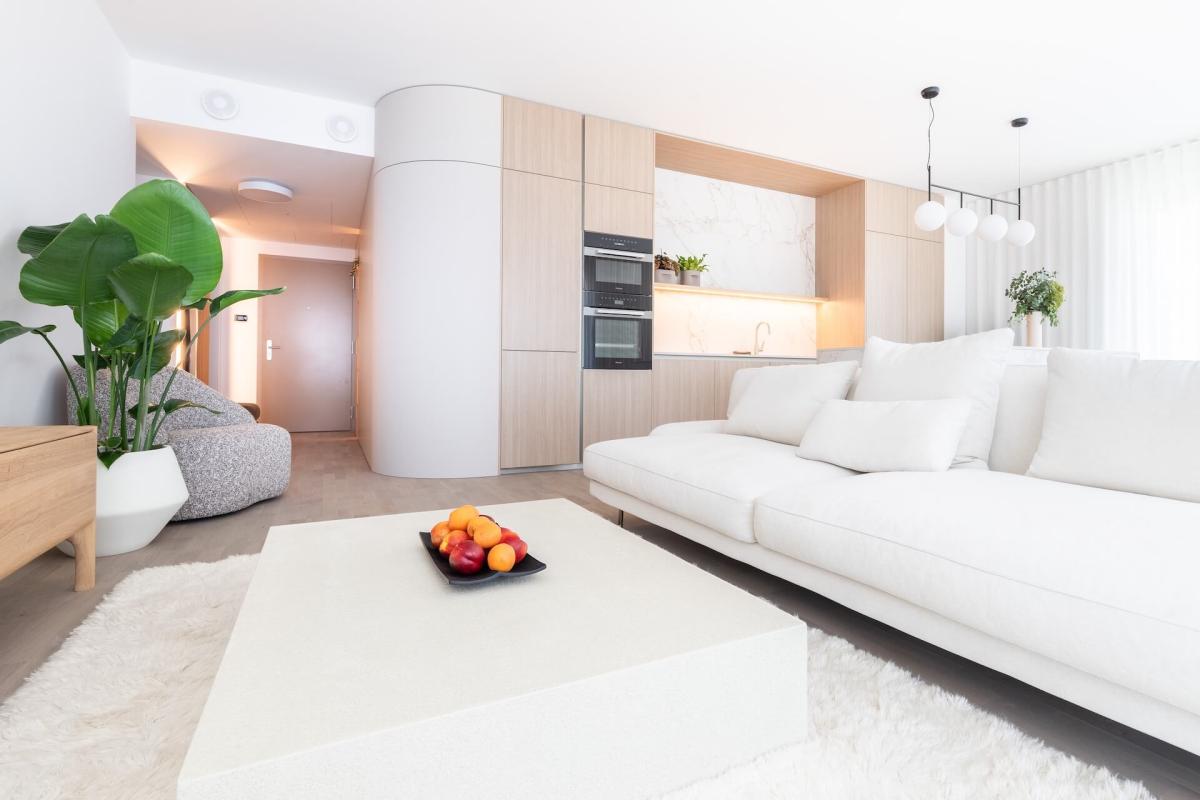 Ceiling Cooling: Invisible Comfort You'll Fall in Love With
Ceiling Cooling: Invisible Comfort You'll Fall in Love With
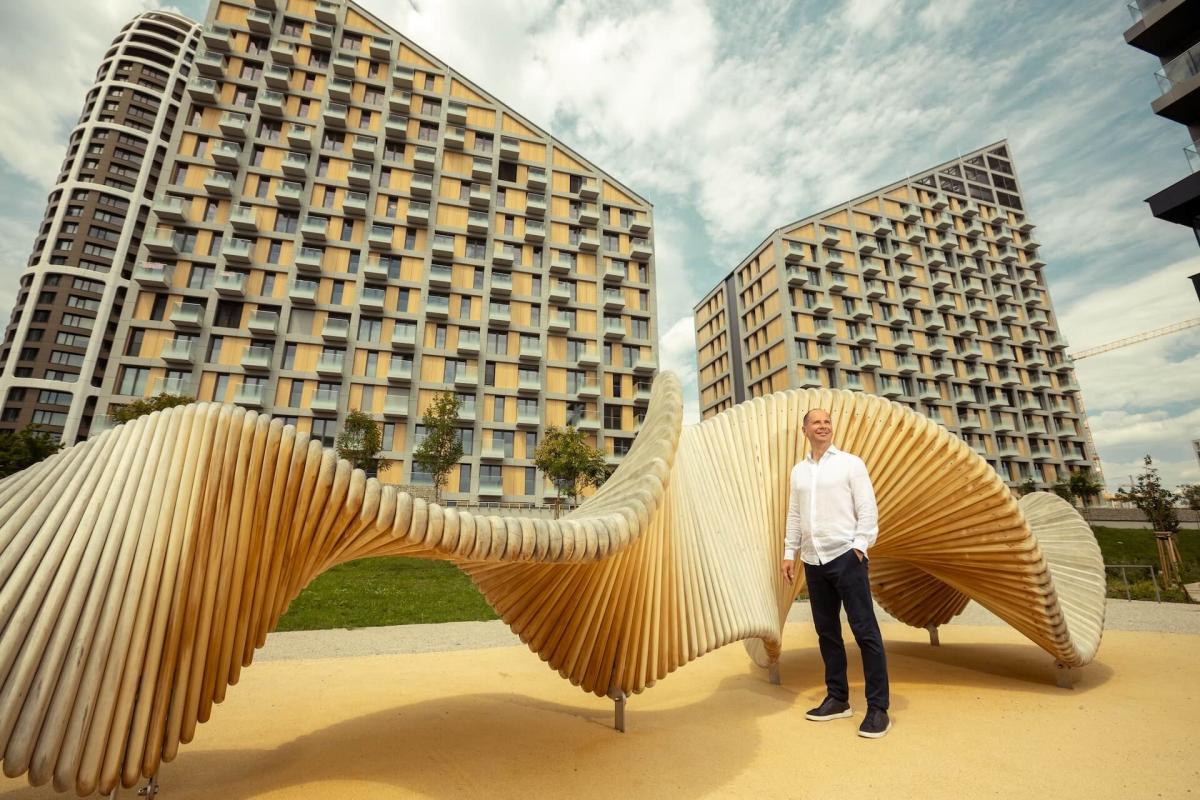 Metropolis was built with the same care and vision as if we were building it for ourselves.
Metropolis was built with the same care and vision as if we were building it for ourselves.